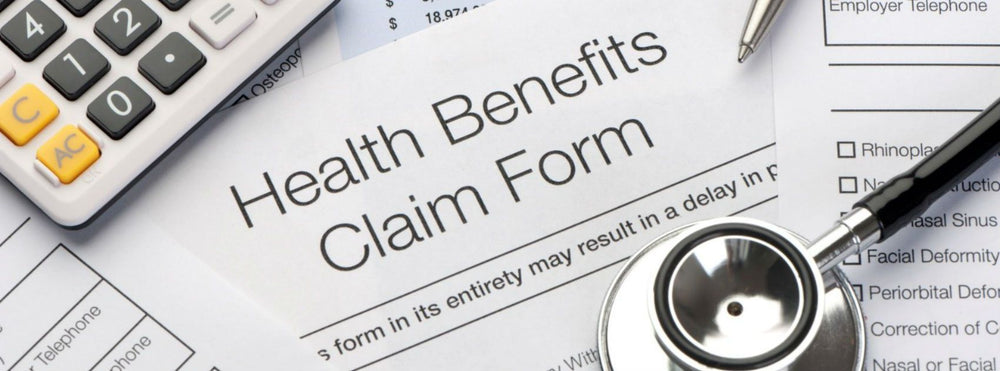Why insurers should pay for you to eat better

We live in a strange world. In today’s health care system, we are encouraged to take heavily subsidized medications to cover up the effects of eating unsubsidized foods. But by treating high cholesterol (a symptom) rather than addressing diet (a major root cause of hyperlipidemia), we never seem to get anywhere. It’s no wonder 95 million American adults have high cholesterol in the first place!
But did you know that paying for those with high cholesterol to improve their diets could actually save insurance companies billions of dollars per year? And even though a study was needed to make the case, doesn’t it make logical sense that this would be true?
The study, which was presented at the Society of Actuaries conference this week and will soon be published in the journal Current Cardiology Reports, highlights what would happen if Step One Foods was subsidized like statins.
After analyzing the medical costs for insurers, including reductions in medication costs, lower heart attacks rates, hospital re-admissions, and more, the study found a potential savings for the Medicare insured population, alone, at an estimated $24 billion annually – after accounting for all the costs of the food.
Previous studies have shown that medication-driven reductions in cholesterol lead to lower cardiovascular event rates and, therefore, lower healthcare costs. However, this is the first study to show that a dietary intervention to lower LDL, when effective, may also lead to medical cost savings.
Unlike pharmaceuticals, food products to date have not lent themselves to this type of analysis because they are typically not designed to address a specific health condition and are not “dosed” - making it difficult to separate any effect of a particular food from the effects of diet in general. As a dosed eating system designed specifically to help assist in the management of high cholesterol, Step One Foods was uniquely positioned to have served as a model for this study.
The study findings support offering insurance-based incentives for diet-based, clinically validated lipid-lowering interventions like ours - and encourages us to keep pressing insurers to offer Step One as a benefit to properly selected members.
Although free food would obviously be a nice insurance perk, this goes way beyond a subsidized snack. The need for dietary solutions to help manage and prevent heart disease is enormous. Poor diet has emerged as a leading independent risk factor for developing heart disease and just this week, another study revealed that individuals who already have heart disease but consume a poor diet experience markedly increased rates of death and heart events during follow-up.

Tested & Proven Results.
- Cardiologist formulated
- Supported by over 500 publications
- Clinically-proven, in a double-blind randomized trial with Mayo Clinic and The University of Manitoba
80% of participants lowered their cholesterol in just 30 days. With just two servings per day, Step One Foods offers a proven-effective way to naturally lower LDL (bad) cholesterol.
Get heart health tips and articles like this, delivered right to your email.
New articles every week.
You may also like...

Insulin Resistance, Prediabetes and Type 2 Diabetes. Part 4: Un-Doing It.

You don’t need to avoid foods with cholesterol…except for these



